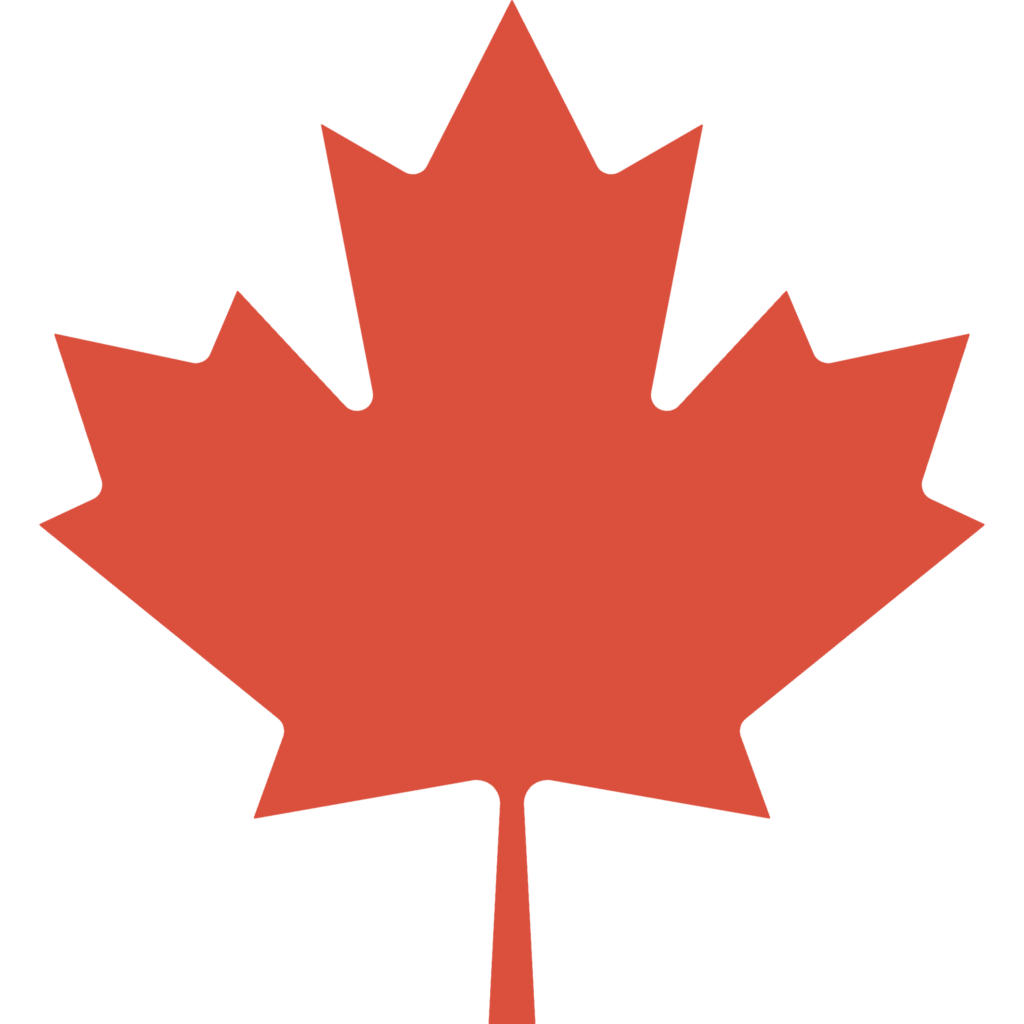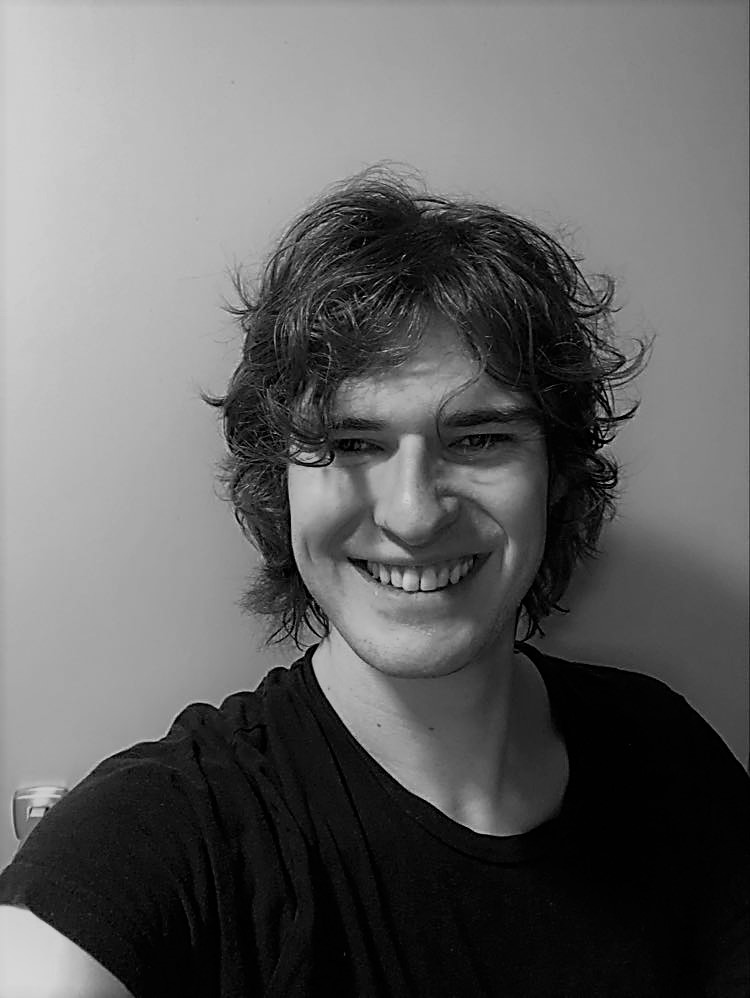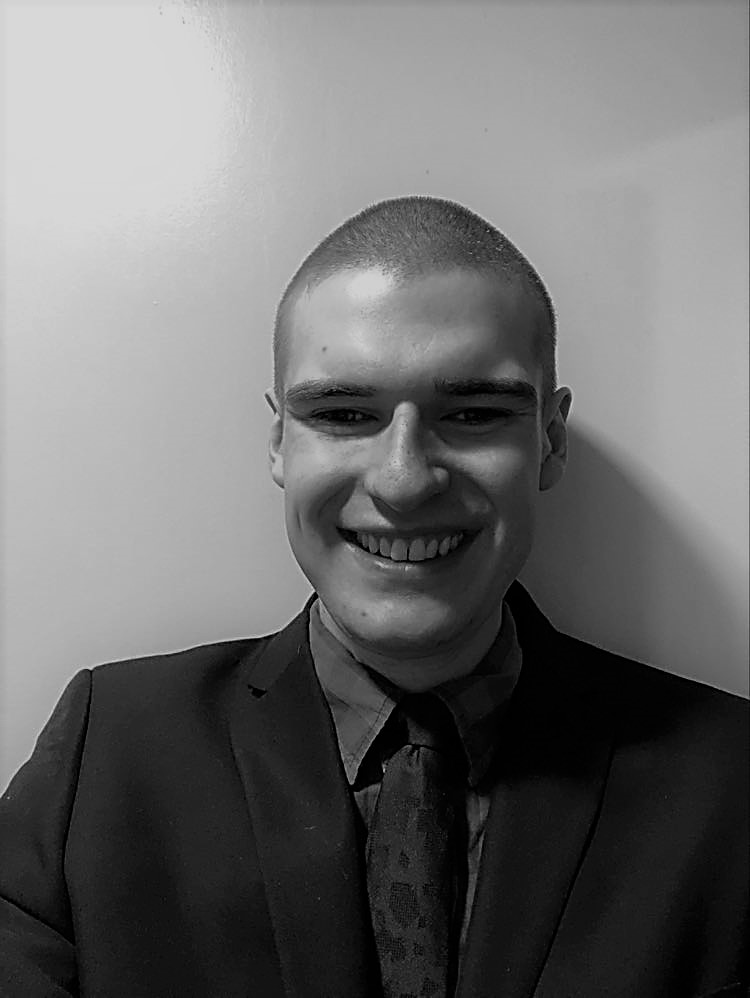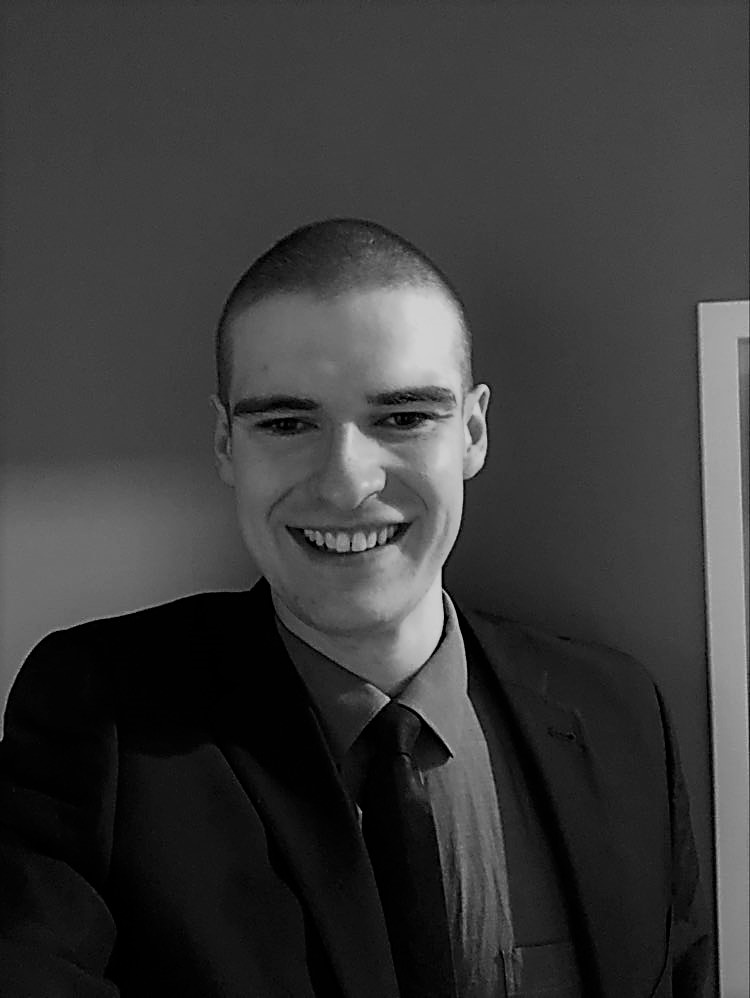



Hello. My name is Ryan Banfield. In the world of Canadian government affairs, I am both a rising professional and an enthusiastic, passionate fan.
I was born in Toronto and grew up in Orangeville, Ontario and Richmond Hill, Ontario. When I was in high school, the popularization of politics in the mid-2010s introduced me to the complex and fascinating world of government affairs. This caused a deep interest in public policy to develop within me. Like many other young people, I gravitated towards government affairs because I believed that public policy has the potential to help improve the lives of large numbers of people.
My passion for policy led me to dedicate my professional career to the Government of Canada. I decided to pursue a Joint Honours Bachelor’s of Social Science degree in Public Administration and Political Science at the University of Ottawa with the intention of using that to help me build a career as a policymaker for the federal government. My interest in public sector affairs has only grown ever since.
In 2019, at the beginning of my first university term, I joined the Fulcrum, which is the University of Ottawa’s English-language independent student newspaper. During the 2019 Canadian federal election campaign, I led the Fulcrum’s efforts to interview as many local candidates as possible. The end result of this project was a series of six articles. Five of these six articles became the top five most popular articles on the Fulcrum’s website during the period leading up to the election.
In early 2020, I started working on my largest journalism project: an exploration of the rise in the University of Ottawa’s tuition fees over time. The project began as an idea to simply graph the University of Ottawa’s tuition over time and to briefly explain the factors that influenced these trends. In the summer of 2020, however, the project grew and evolved into an ambitious synopsis of how undergraduate university tuition works in Ontario. In the period from May to August of 2020, I conducted seven interviews with important individuals and subsequently drew from those interviews as well as dozens of news articles and documents in order to make sense of the trends in uOttawa’s undergraduate tuition and the factors that caused them including government and university policies. I eventually posted the finished article to Medium in December of that year.
In the spring of 2020, after my first year of university, I launched the CivNews podcast. The podcast was intended to help inform people’s understanding of the Canadian public service by providing news coverage of stories focused on bureaucracy as a compliment to the news media’s more popular coverage of elected representatives. The COVID-19 pandemic began changing federal bureaucracy and this provided copious important stories to cover. A few episodes in, the podcast evolved to include interviews, which gave me and my guests the opportunity to explore complex political topics through conversation.
In 2021, I got my first job in the federal government as a policy analyst for Crown-Indigenous Relations and Northern Affairs Canada (CIRNAC). In this job, I mainly conducted research that informed the development of new proposals for funding programs that are meant to strengthen First Nations governments across Canada. I was also invited to deliver an informal presentation on the current state of homelessness in Canada during a lunch-and-learn session.
In 2022, I returned to the federal government as a policy analyst working for the Public Health Agency of Canada (PHAC). At that time, the agency’s governance committees had already restructured and expanded to deal with the worst periods of the COVID-19 pandemic. Consequently, the changing nature of the pandemic as well as the uncertainty regarding how the pandemic will trend in the future caused the agency’s committees to restructure themselves again. I was involved in writing policy documents that helped the governance committees in this restructuring process by giving them resources to clarify their responsibilities and rules to make running committee meetings easier. It was here that I co-wrote my first briefing note, which is an important milestone for any federal government analyst.
In the summer of 2022, I accomplished my goal of joining my dream agency: the Privy Council Office (PCO). As a member of PCO’s Access to Information and Privacy (ATIP) team, I was responsible for handling records on a myriad of topics and taking these records through the process that prepares them to be released to the public. My work with the government’s internal records mainly involved organizing, sorting, labeling and uploading them, sending them to experts for their advice on what to redact and redacting the text himself in accordance with the law. I worked on many notable major projects and side projects including helping my manager prepare for testimony at the House of Commons’ Standing Committee on Access to Information, Privacy and Ethics; creating channels for staff to propose revisions to the office’s instruction manuals; creating internal policies and guidebooks for dealing with unique kinds of ATIP requests; interpreting ATIP law to formally respond to complaints by the Office of the Information Commissioner; sharing ideas with the Department of Justice to create interpretations of Cabinet confidence law; and collecting and synthesizing data in order to create statistics for the ATIP office’s annual report, which was later tabled in Parliament. This is where I continue to work today. While I am not a policy analyst at PCO, this job has nonetheless increased my exposure to working on internal policies. I really enjoy this job because it allows me to keep the federal government transparent. I always find it satisfying whenever I am able to release a large amount of information that was previously hidden because it means that I am helping to educate people about the true nature of government. The biggest lesson that I learned from my time at PCO is that, no matter how high-ranking and professional a part of government may be, it will always be defined and shaped by the imperfect humanity of its staff.
I have also dedicated a large amount of time to volunteer activities. While in university, I volunteered at the soup kitchen within St. Joseph’s Parish and the University of Ottawa Students’ Union Food Bank. I participated in this work because I wanted to gain direct experience in helping people of a wide variety of demographics experiencing financial difficulties, knowing that this would help to shape my understanding of what financial and social instability is like in practice. By gaining a better understanding of the people who seek the help of philanthropic services in urban society, including what they need and what they want, I seek to use this understanding to inform my future work on federal social policies that are meant to help these people.
Ever since I completed my undergraduate degree, I have dedicated my spare time to further volunteer work, this time in the realm of advocacy. Most notably, I am a member of the Ottawa Youth Engagement Committee, which was established by the City of Ottawa with the mandate of enabling youth to advocate for their interests to city officials. I have been selected to represent Rideau-Vanier Ward 12 on the committee, particularly on the issue of homelessness. I am very excited to propose reforms to key social policy issues to city officials and to be a voice for youth interests and municipal policy change in public speaking engagements. Furthermore, by getting involved in municipal politics, I seek to understand how the federal government can efficiently engage with municipal governments to jointly implement social policies that help people on a local level. Regarding my other advocacy work, I am also involved in mental health advocacy through the Frayme Groundbreakers program and I volunteer to enable productive discussions about masculinity through the organization Next Gen Men.
My perspective on government affairs has been shaped by my experiences, and I have seen a lot, often from the inside. I was a journalist during the 2019 federal election campaign, I worked for CIRNAC when First Nations governments began searching for unmarked graves near former residential schools, I worked for PHAC as the rise and fall of the Omicron variant changed the COVID-19 pandemic and prompted PHAC to change in turn, and finally I worked for the Privy Council Office’s ATIP team at the time when Parliament was studying the Access to Information Act and seeking insight from current and former PCO and ATIP officials. This has given me an intimate knowledge and understanding of how government works, not just through its formal processes but also through its informal norms, conventions and cultures.
My main career goal is to create federal policies and programs that address homelessness and poverty. This is the biggest reason why I have volunteered at St. Joe’s Soup Kitchen, the University of Ottawa Students’ Union Food Bank and the Ottawa Youth Engagement Committee. I sought an understanding of the needs, desires and experiences of the most vulnerable people in society in order to become a more competent crafter of policies and programs that are intended to help those people become safer, become healthier, build wealth and experience a higher quality of life.
Ultimately, throughout my entire adult life, I have sought to participate in government affairs and to invest my time in efforts that have the potential to help people in some way. I continue to have passion for my work because I am doing what I want to do in life. Wherever the next few years take me, I will be up to the challenge.
My Work Experience
| Period Employed | Job Title | Employer | General Responsibilities |
| January, 2024 to present | Member of the Ottawa Youth Engagement Committee | Youth Ottawa | Advocate for the interests of youth in Ottawa via consultation with city officials and via public speaking engagements. |
| September to December, 2022; May to August, 2023; January, 2024 to present | ATIP Analyst | Privy Council Office | Prepare, organize, sort, label, upload, send and redact internal documents that are bound to be released to the public. Provide advice on what information to withhold and release. Create policy documents for dealing with unique files. |
| January, 2022 to April, 2022 | Policy Analyst | Public Health Agency of Canada | Draft and edit documents that help the agency’s governance committees to restructure themselves and clarify their processes. |
| May to August, 2021 | Fiscal Policy Analyst | Crown-Indigenous Relations and Northern Affairs Canada | Conduct open source research to inform new funding program proposals. |
| May to August, 2020 | Host | CivNews (Self) | Research and read out news reports and talk to guests during interviews. |
| September, 2019 to August, 2020 | Journalist | The Fulcrum | Schedule and conduct interviews and write articles that present those interviews. |
| April to August, 2018; and April to August, 2019 | Customer Service Representative | Terra Greenhouses | Transport items to customers’ cars, deliver items to customers’ houses and organize and maintain the store. |

Photo originally by Jeangagnon, CC BY-SA 4.0 https://creativecommons.org/licenses/by-sa/4.0, via Wikimedia Commons
Contact
If you want to connect with Ryan, you can email him at [email protected] or contact him via his LinkedIn profile.
The contents of this website are not endorsed or sponsored by the Government of Canada and do not necessarily reflect its views.